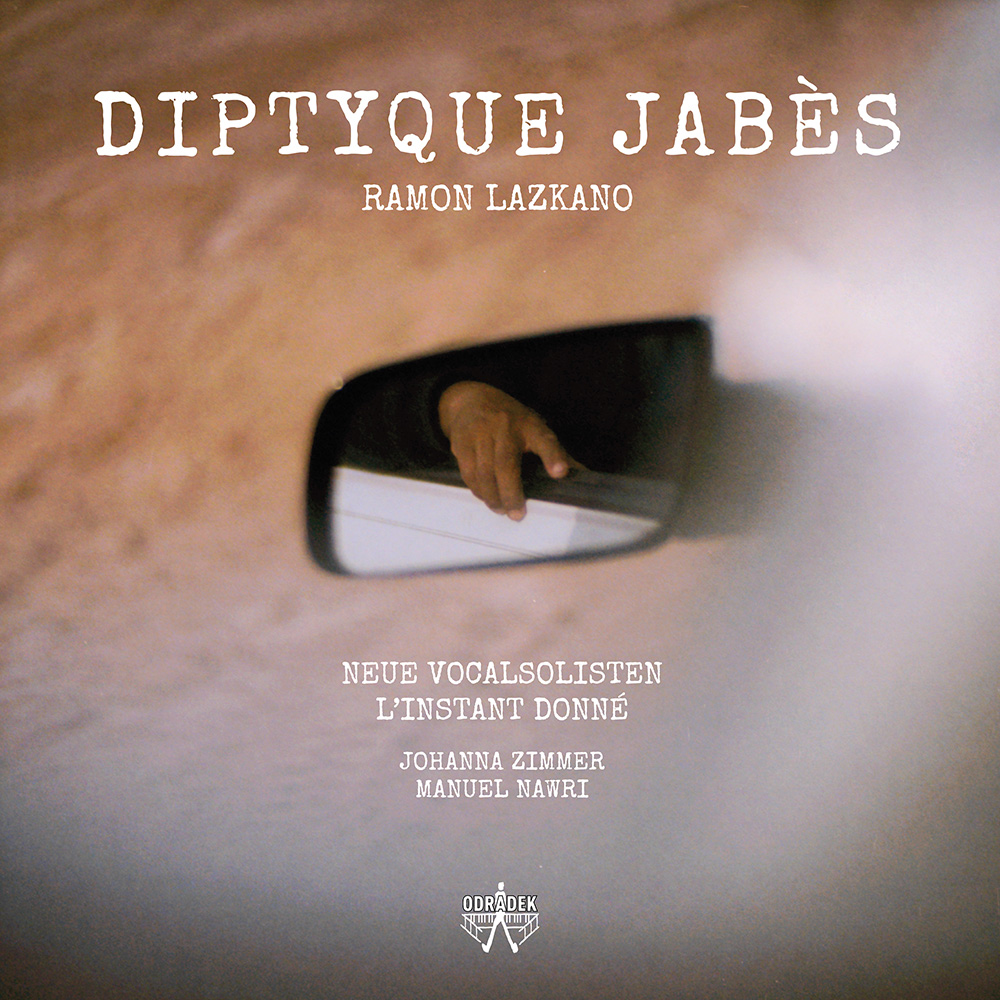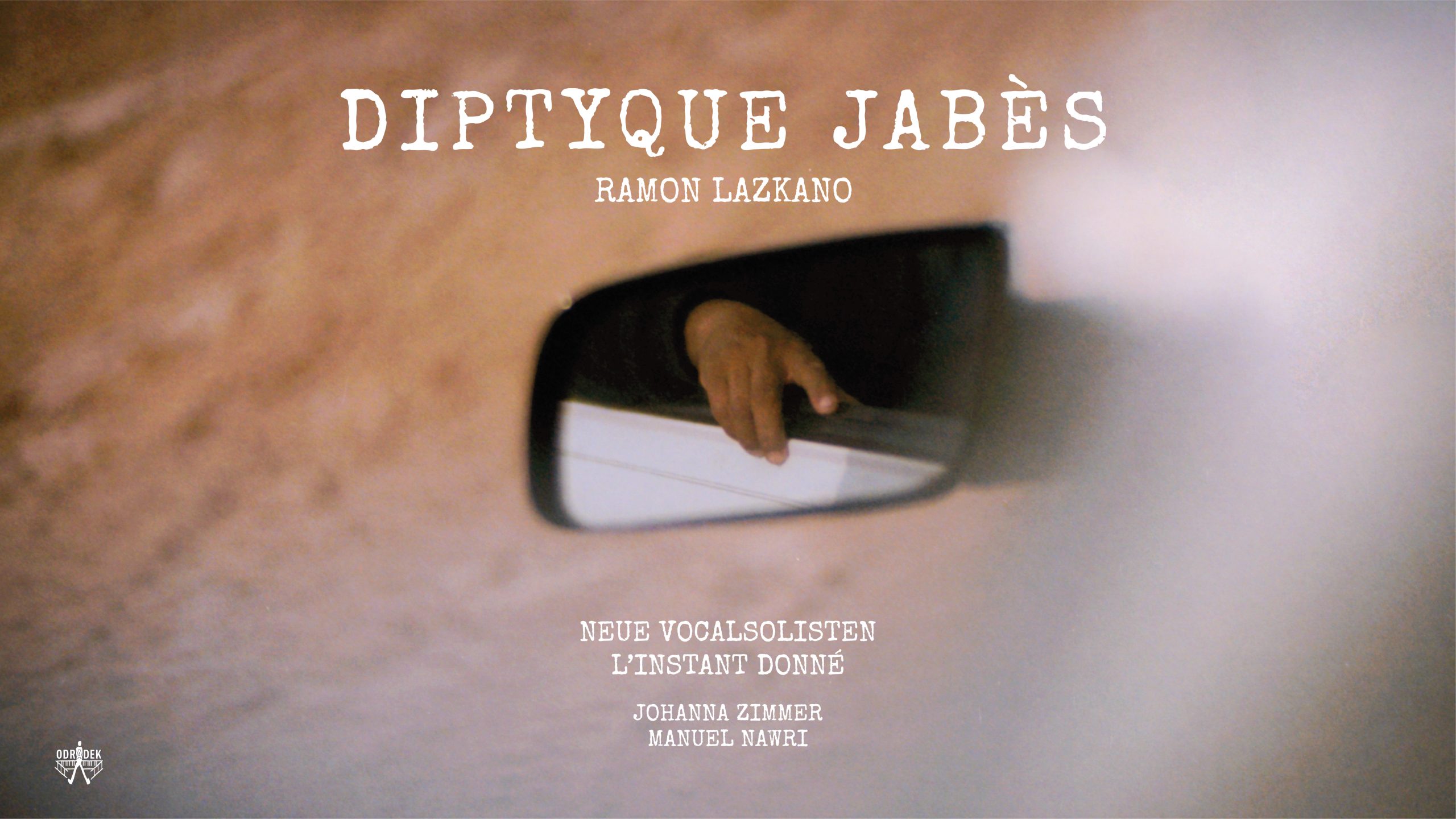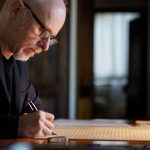I was born a Basque in a country that belongs to two states and speaks three languages, polyhedral as cross- border people are. Different layers have shaped what I am: the Basque origins, the Spanish traditions, the French culture. My musical education would have French roots: my piano professor, Juan Padrosa, had studied with Yves Nat and my composition teacher, Francisco Escudero, had met Ravel and Le Flem in Paris before the Spanish War. At the age of 19, I entered the Paris Conservatoire and attended the classes of two fascinating but opposing personalities, Alain Bancquart and Gérard Grisey – both extreme and rigorous in their approach to artistic and musical goals. I briefly met Helmut Lachenmann during that time and, through the years, his music and advice would become a compass for me in the realm of music and tradition I was enthralled by. I spent two-and-a- half years in Rome, at the French and Spanish Academies. This was pivotal to me: not only was I marked by the experience of the painful and exhilarating light and the presence of the erased and the eroded, but I also had the opportunity to develop my ideas about coexisting layers of texts and actualising ancient tools as well as my love of silence as a capsule or a refuge. Then came the concerts, the commissions, the festivals, the prizes. But above all, the encounters with musicians who can read and understand your music better than you, and with artists who share their secrets and intimacy by dragging you further within your own labyrinth. Sculpture and poetry have been pillars for me to better understand my attitude towards music and composition. For ten years, I worked on a collection of chamber music pieces called the Laboratory of Chalks, a series of small experimental forms inspired by Jorge Oteiza’s work. Shortly afterwards, Jean Echenoz’s Ravel became the material of a work-in- progress and Ravel’s disease a paradigm of my concerns. The Festival d’Automne à Paris invited me to compose the scenes of an opera-to-be that premiered in 2016. Larger forms appeared as a new challenge: Lurralde for the Diotima quartet, Ziaboga for the Ensemble Intercontemporain, Préludes for the Ensemble Cairn. At this time, I enjoy being a professor at Musikene, the Basque Country School of Music.


